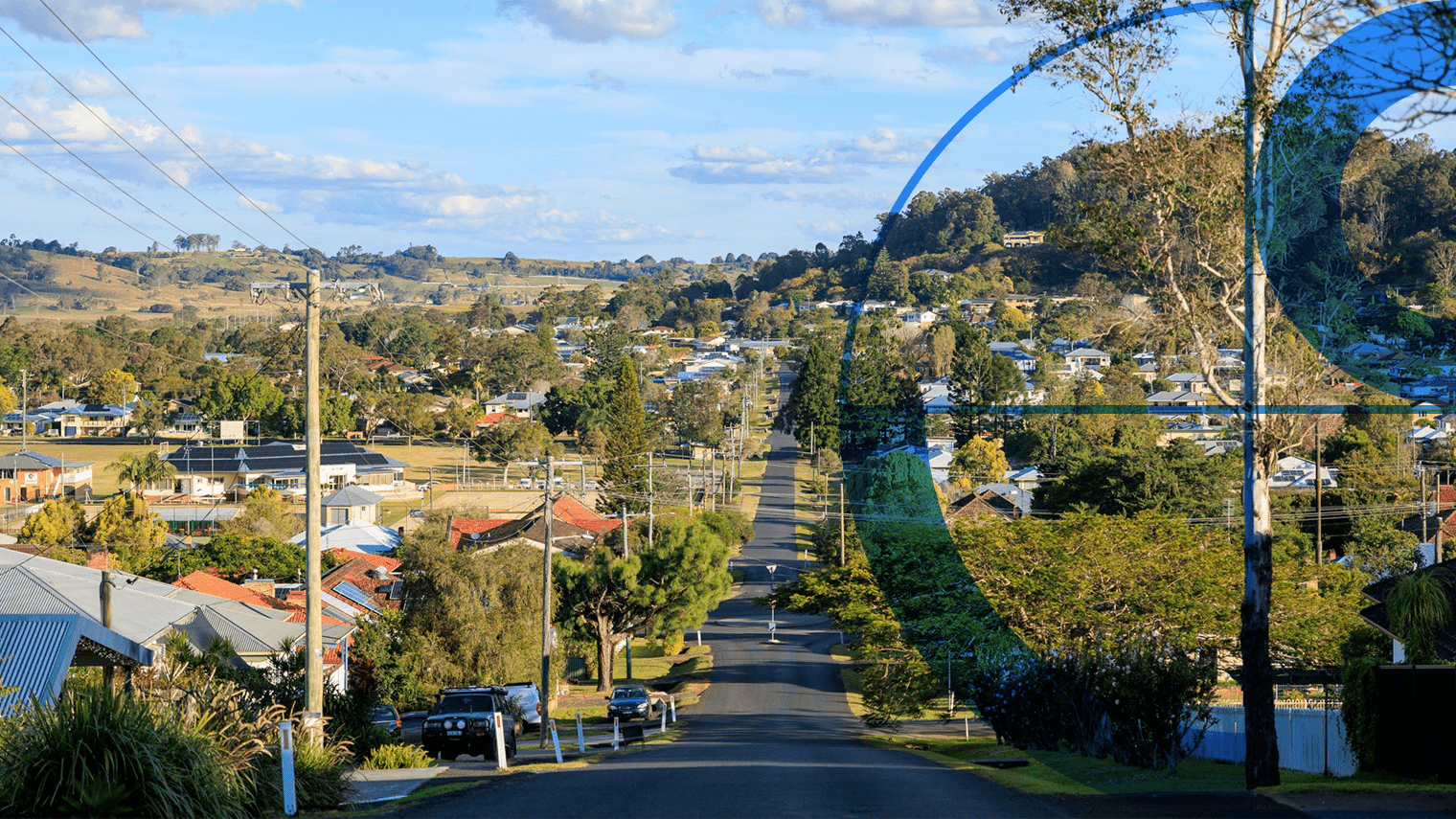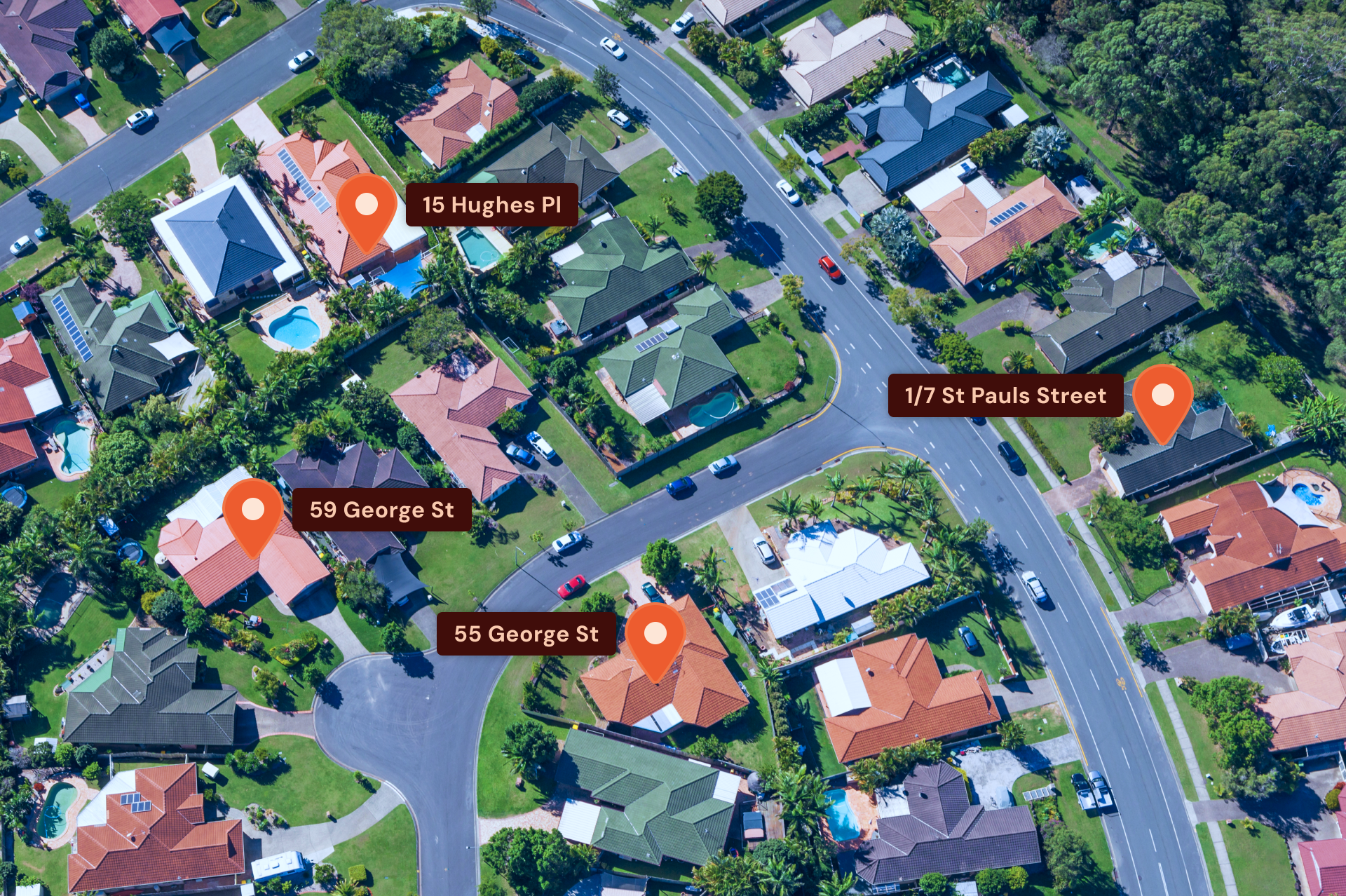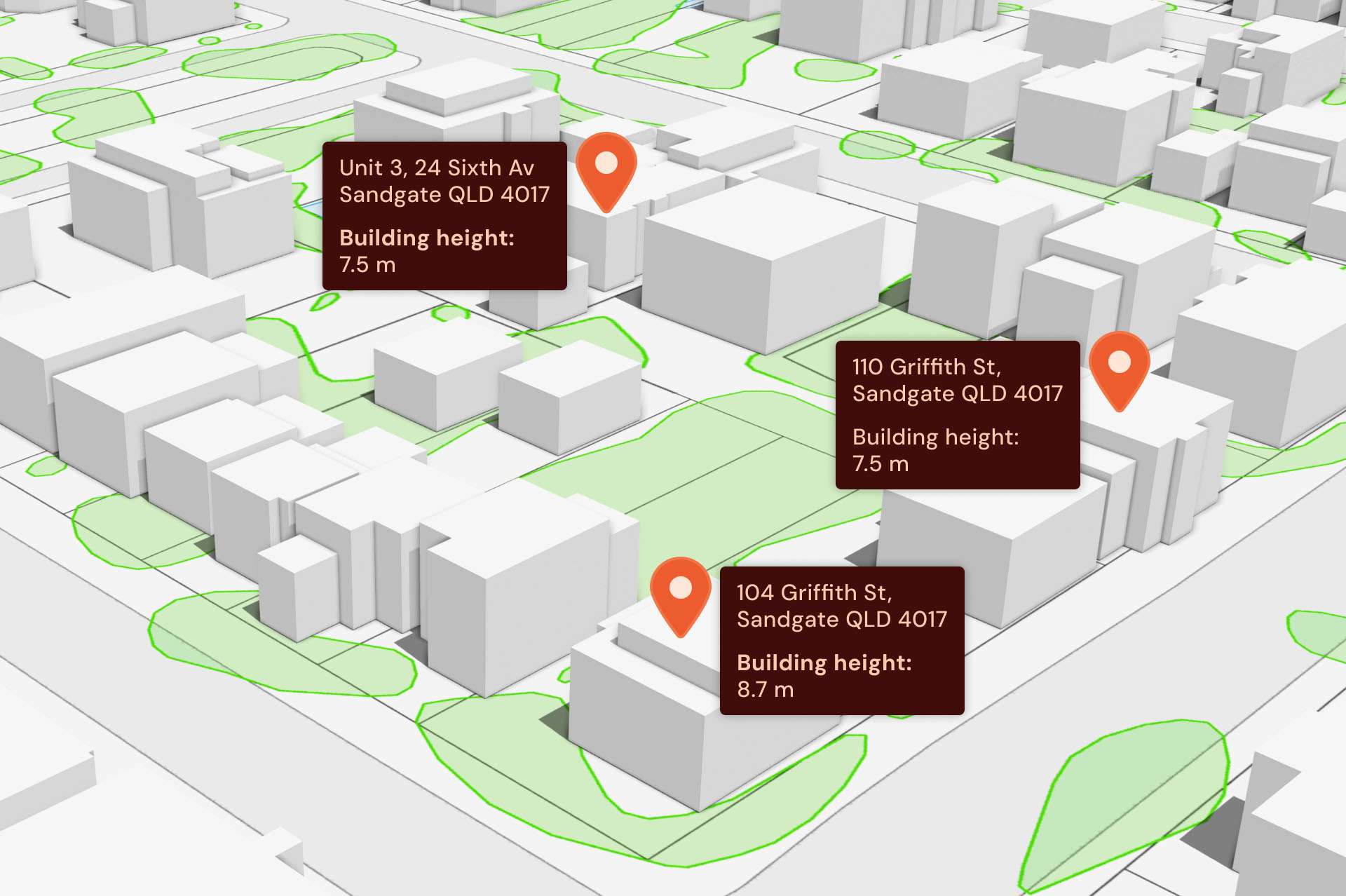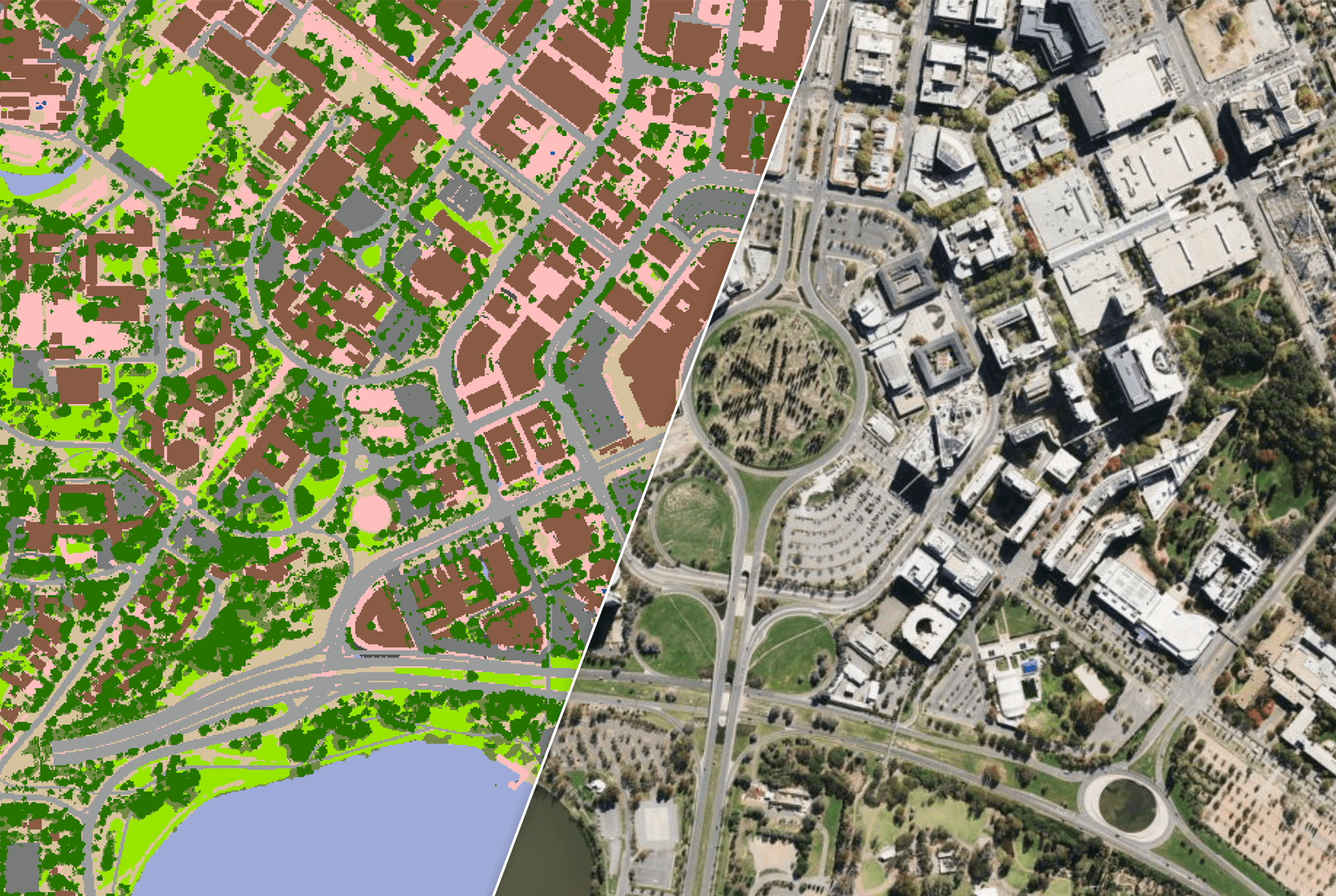When NSW residents have unresolved complaints with their electricity, gas, or water provider, they turn to the Energy and Water Ombudsman NSW (EWON).
This independent body handles hundreds of complaints every week, so it’s crucial for EWON to have accurate address data to manage these effectively and deliver community programs.
Challenge
EWON faced challenges with data integrity due to errors in customer address entries on their online form, often requiring manual correction. These mistakes could range from minor misspellings to the use of non-official locality names like ‘Kings Cross’ or ‘Harbord.’
The situation worsened when local council amalgamations and redistributions changed the areas complaints should be mapped to.
With a Census data update nearing, the process became unsustainable. Janine Young, Energy & Water Ombudsman NSW, explained that when they reviewed the data in their systems to prepare for the update, they encountered numerous challenges. This led to the decision that it was crucial to improve their data collection and management systems.
Solution
EWON decided a solution using Geoscape G-NAF (or the Geocoded National Address File) had to be at the core of the new system – and upfront, automated address verification would resolve input errors.
The Geoscape Predictive API seamlessly plugged into EWON’s new online complaints form. With predictive text and auto-complete functions, the new form suggests possible address matches from verified data as customers type. The API also prevents customer data entry errors from entering the system.
In tandem, the Geoscape Addresses API adds more detail about each address to support EWON’s reporting obligations and delivery of customer support programs. When a complaint form is completed, the address identifier from the Predictive API is fed into the Addresses API to allocate an LGA and Australian Bureau of Statistics (ABS) statistical area to the address.
Outcome
Geoscape APIs have significantly reduced address entry errors, leading to more accurate data collection and easier analysis. This has enabled better reporting and targeted service delivery. EWON can now update reporting regions automatically and respond more effectively to stakeholder needs, improving support in communities and ensuring their data remains relevant even with boundary changes like council amalgamations.



